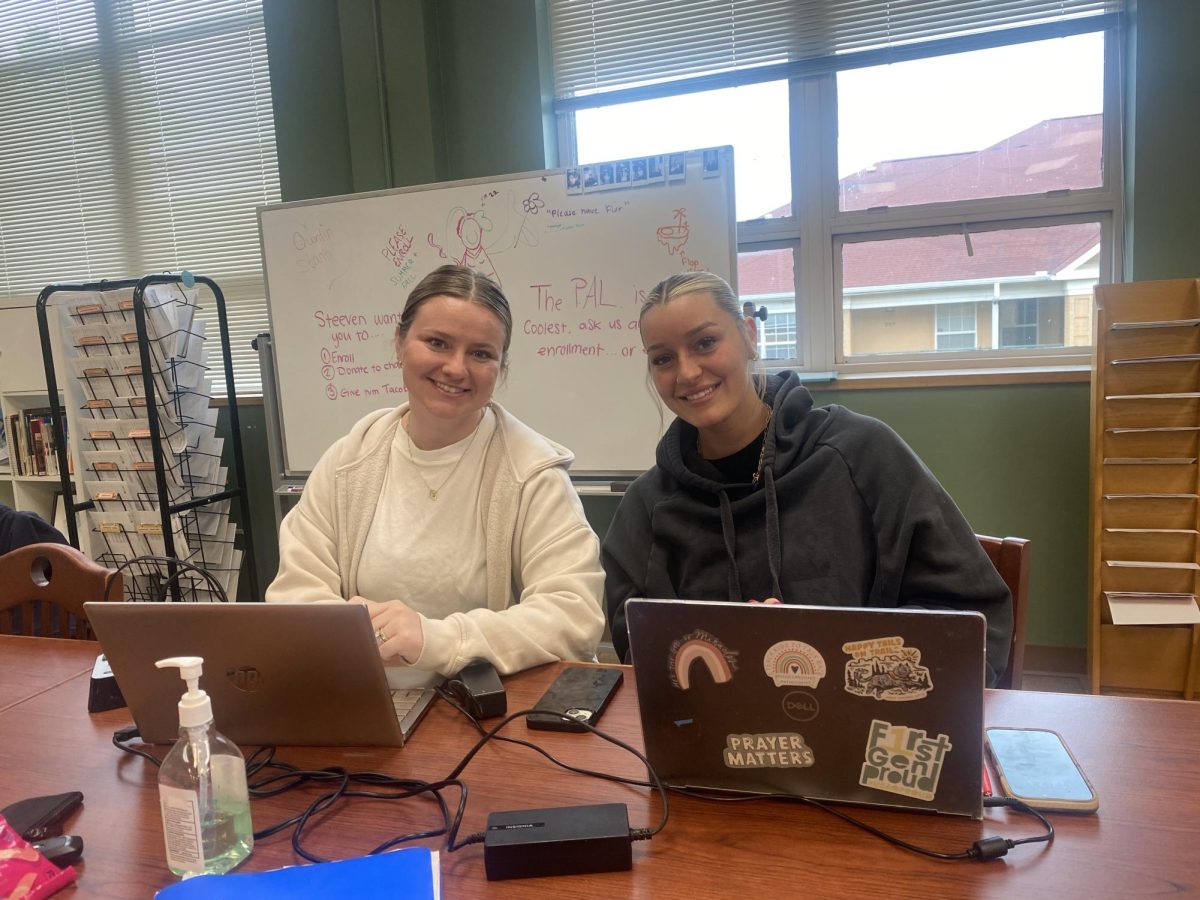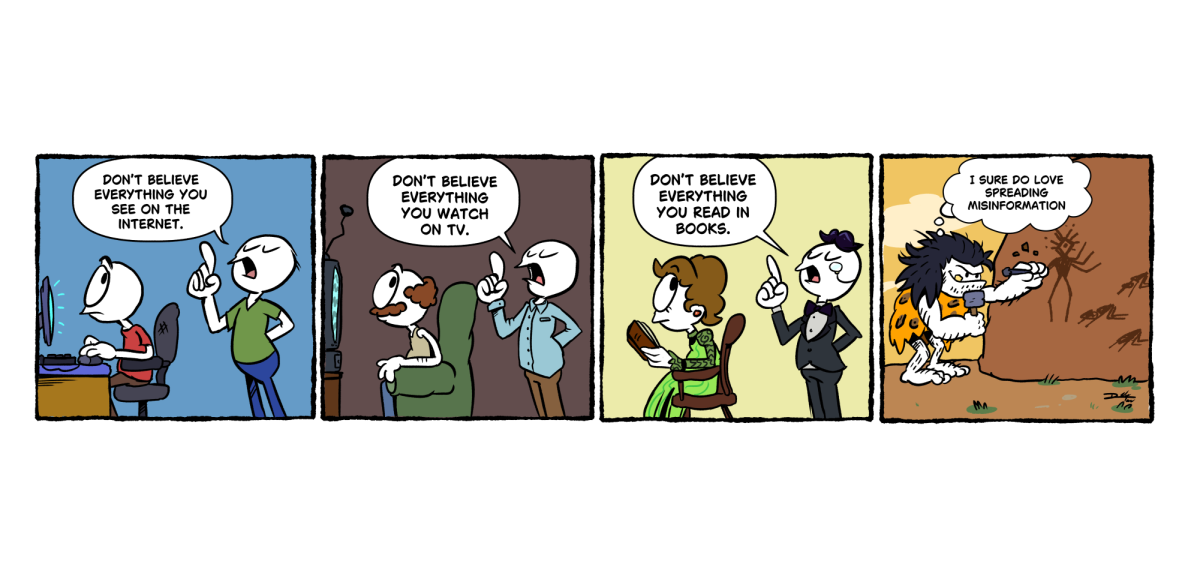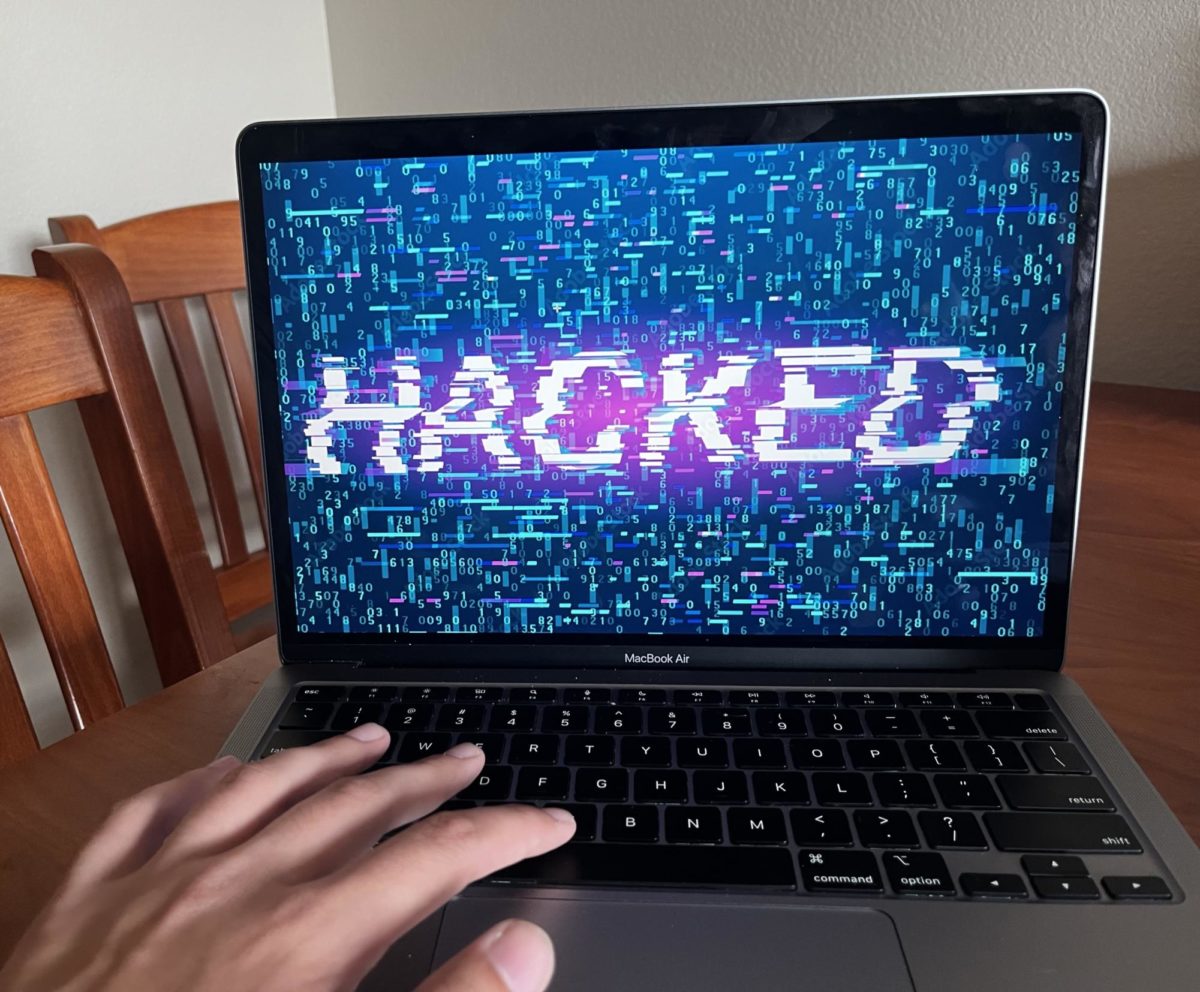Apple users are recommended to update their security software as soon as possible to avoid systems from being hacked as IOS 17 prepares for release Sept. 13 through Sept. 21. Minor software updates are released approximately every six weeks and take less than 30 minutes to complete.
According to the Director of Information Technology Services Adeel Siddiqui, the most current flaw allows a cyber attacker to install apps, access, alter, or remove personal data, or establish new accounts on various Apple devices with full user privileges.
“Often the intention of hacking is disruption of service, someone just wants to be naughty. Just disruption of service alone is enough for money to be lost, is enough to cause people to lose their jobs, their homes, god forbid their lives if serious enough,” Siddiqui said.
If users don’t stay secure on their devices, they leave themself vulnerable to an attack they may not even realize is happening.
“If you’re a student, you’re prone to use your smartphone, your iPad, your MacBook to do homework or even check your email,” Siddiqui said. “If your device is not secured and can be hacked, those things become disruptive. A major part of hacking tends not to be financial gain or stealing data, it’s just causing disruption, chaos, confusion, and eventually loss of productivity.”
Many users may avoid these pesky updates just because they don’t have the time or the battery life to support them.
“I feel like people talk about how security is very important, but I don’t do it enough. I feel like I’m responsible for other things like putting gas in my car,” Katie Beecher, a freshman speech pathology major, said. “I just don’t see hacking as a real threat, I see real threats as like ‘Oh, I carry a knife in my purse, so I don’t get robbed.’”
Many users feel this way, but it’s important to stay as secure as possible by backing up data to the cloud, utilizing strong and unique passwords, installing anti-virus and malware protection, connecting to secure networks and being wary of suspicious emails and text messages.
Users must stay vigilant and as secure as possible when it comes to their devices to prevent loss of data and interruptions during everyday tasks. For more information contact USAO’s IT Department.
Ray Thomas-Lapham is a second-year communication major at the University of Science and Arts of Oklahoma.













































































